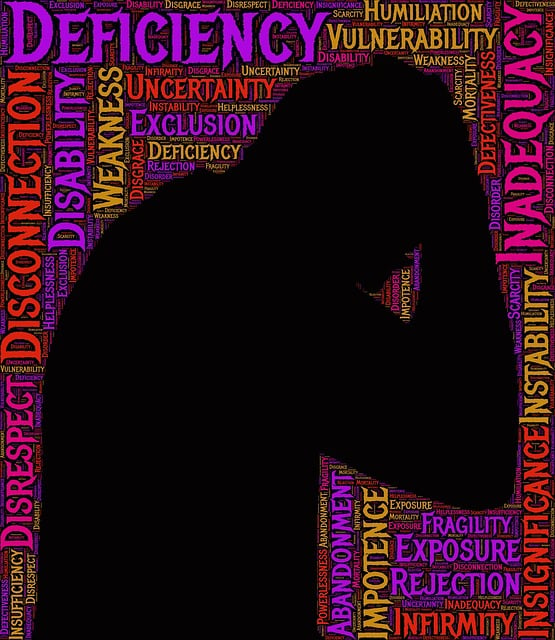Addressing alcohol abuse in young adults requires a nuanced, holistic approach by mental health professionals. This involves understanding unique pressures like academic demands, integrating comprehensive assessments, fostering open dialogue, and creating supportive environments tailored to their struggles. Key strategies include cultural competency training, evidence-based practices like Mind Over Matter, emotional intelligence integration, and proactive risk management plans aligning with best practices and policy guidelines. The ultimate goal is to provide effective therapy for Young Adults with Alcohol Abuse, promoting healing and resilience through comprehensive support.
Mental health professionals often face unique challenges when treating young adults, including issues related to alcohol abuse. Effective risk management planning is crucial to ensure safe and therapeutic environments. This article guides practitioners through essential strategies. We explore understanding the specific risks in young adult therapy, integrating alcohol abuse assessment, developing comprehensive risk plans, and mitigating potential hazards. By implementing these practices, professionals can enhance client outcomes while navigating complex situations with confidence.
- Understanding the Unique Risks in Young Adult Therapy
- Integrating Alcohol Abuse Assessment into Routine Practice
- Developing a Comprehensive Risk Management Plan
- Strategies for Mitigating and Responding to Potential Hazards
Understanding the Unique Risks in Young Adult Therapy

In the realm of mental health professional risk management planning, a unique set of challenges emerges when focusing on therapy for young adults. This demographic often faces pressures distinct from older populations, with issues like alcohol abuse being a prevalent concern. The social and cultural norms that shape their lives can significantly impact their mental well-being, making it crucial to tailor therapeutic approaches accordingly. Young adults may struggle with self-care practices due to demanding academic or professional pursuits, leading to increased risk of burnout and substance abuse, particularly alcohol.
Understanding these nuances is essential for fostering effective therapy. Mental health professionals must employ strategies that boost confidence in this age group, encouraging open dialogue about mental health awareness. By recognizing the interplay between external pressures and internal struggles, practitioners can create a supportive environment that promotes healing and resilience in young adults seeking therapy for alcohol abuse or other issues.
Integrating Alcohol Abuse Assessment into Routine Practice

Integrating Alcohol Abuse Assessment into routine practice is a critical step for mental health professionals, especially when catering to young adults. Many individuals seeking therapy for young adults alcohol abuse often mask underlying emotional distress with substance use, making comprehensive assessment vital. By incorporating alcohol abuse evaluation tools and training in cultural competency, healthcare providers can better understand the nuances of their clients’ experiences. This enables them to tailor interventions that support not just alcohol recovery but also facilitate emotional healing processes.
Professionals should be equipped to recognize the signs of alcohol abuse within diverse populations, taking into account the impact of societal and cultural factors. Regular training in these areas fosters a more inclusive environment where inner strength development can thrive. This holistic approach ensures that young adults struggling with alcohol receive the comprehensive support they need for lasting recovery and improved mental health outcomes.
Developing a Comprehensive Risk Management Plan

Developing a comprehensive risk management plan is an essential step for mental health professionals to ensure safe and effective practice. This process involves identifying potential risks associated with various aspects of therapy, including client backgrounds, treatment modalities, and the therapeutic environment. By meticulously assessing these factors, practitioners can proactively mitigate risks related to issues like alcohol abuse among young adults, which is a growing concern in mental health care.
A robust risk management plan should encompass strategies for depression prevention, given its prevalence in this demographic. Incorporating evidence-based practices, such as Mind Over Matter principles, allows professionals to empower clients with coping mechanisms and promote resilience. Additionally, staying informed about the latest research in Mental Health Policy Analysis and Advocacy ensures that risk mitigation strategies align with current best practices and legal guidelines, fostering a safe and supportive therapeutic space.
Strategies for Mitigating and Responding to Potential Hazards

Effective risk management planning for mental health professionals involves implementing strategies to mitigate and respond to potential hazards. One key approach is integrating emotional intelligence into daily practice, enabling practitioners to recognize and manage their own emotions as well as those of their clients. This fosters a supportive environment, reducing the risks associated with mental wellness challenges often faced by young adults, particularly those struggling with alcohol abuse.
Additionally, incorporating burnout prevention strategies for healthcare providers is vital. Mental health professionals must prioritize self-care and set clear boundaries to avoid emotional exhaustion. Regular supervision, collaboration with colleagues, and engaging in stress-reducing activities outside of work are all part of a comprehensive risk management strategy, ensuring practitioners remain equipped to deliver quality care while navigating the complexities of their clients’ lives.
Mental health professionals play a crucial role in supporting young adults grappling with complex issues, including alcohol abuse. Effective risk management planning is essential to ensure safe and productive therapeutic environments. By understanding unique risks specific to young adult therapy, integrating alcohol abuse assessments into routine practice, and developing comprehensive strategies for hazard mitigation and response, professionals can create a more secure landscape for healing. This approach not only protects clients but also empowers therapists to provide high-quality care tailored to the needs of this vulnerable demographic.














